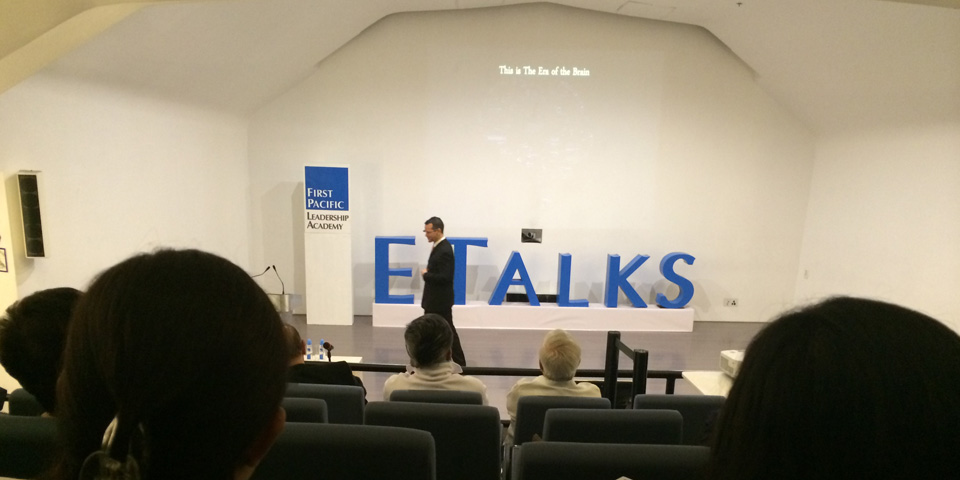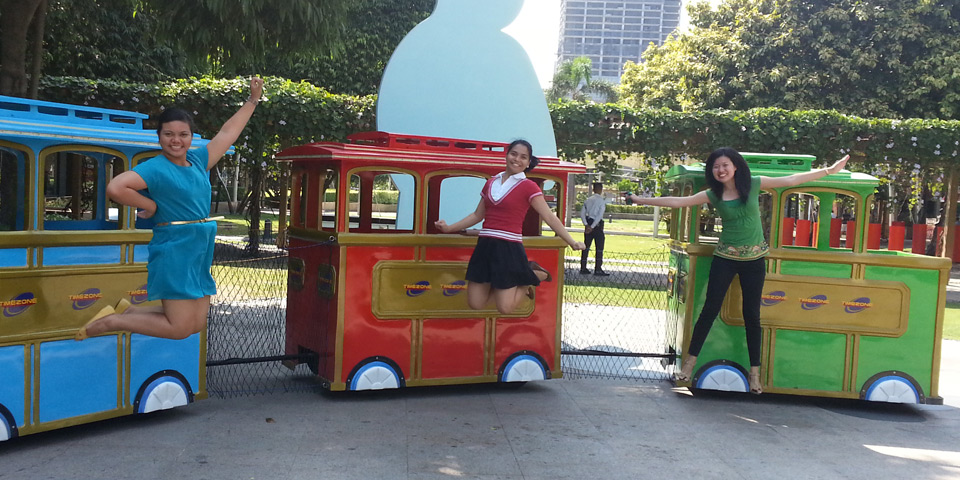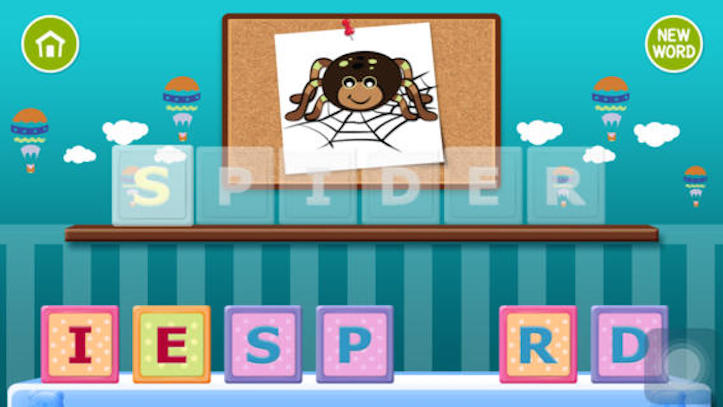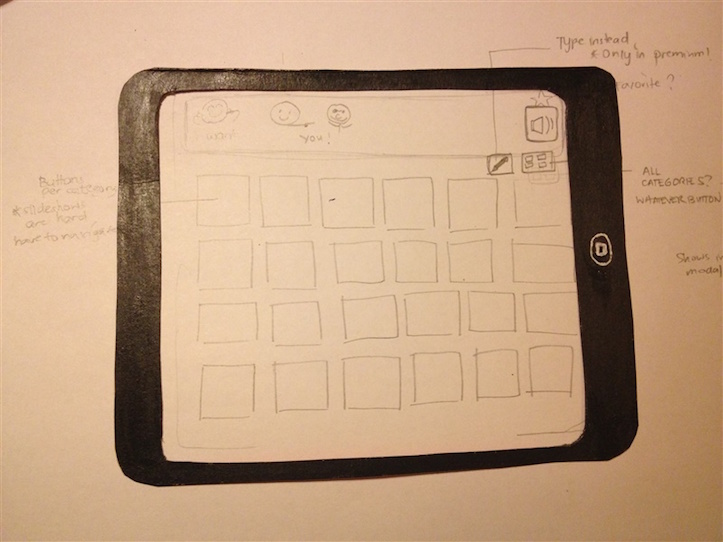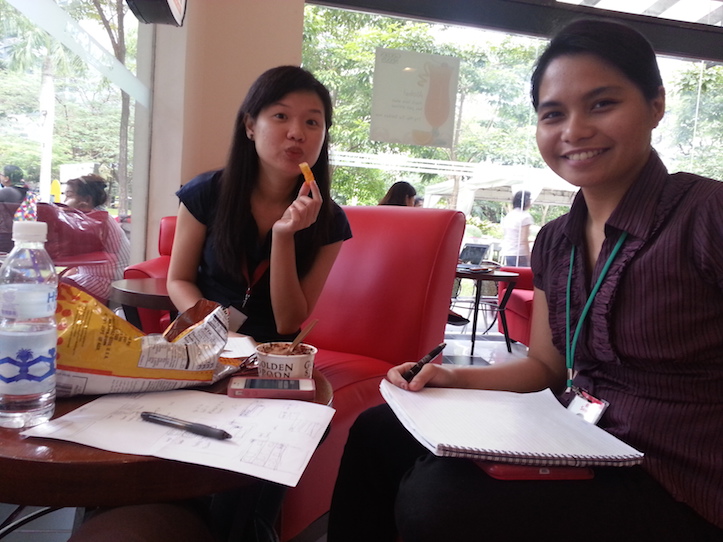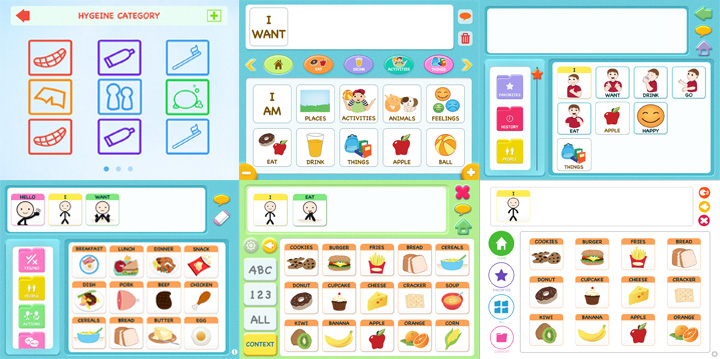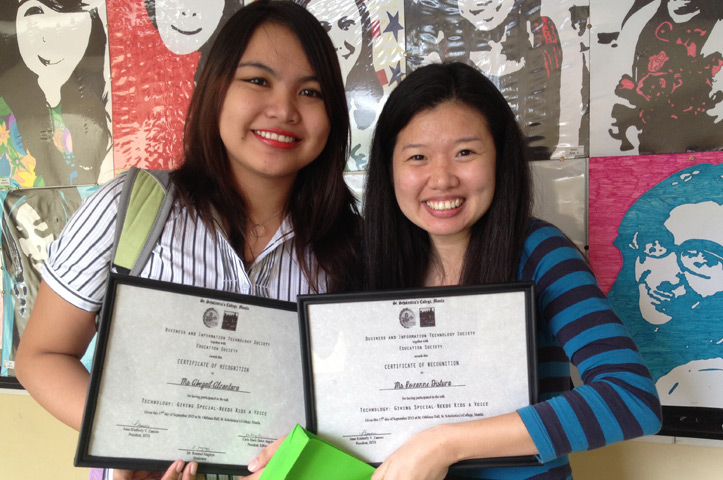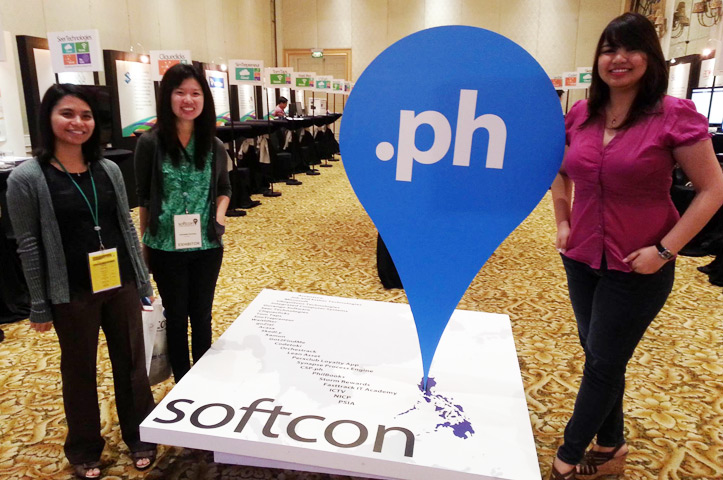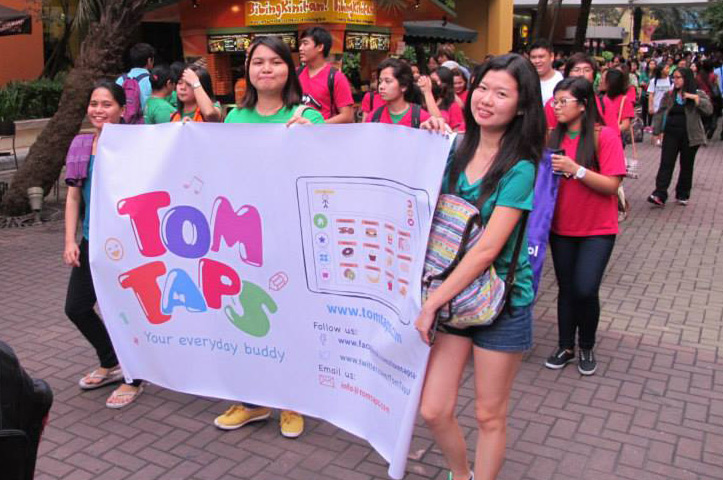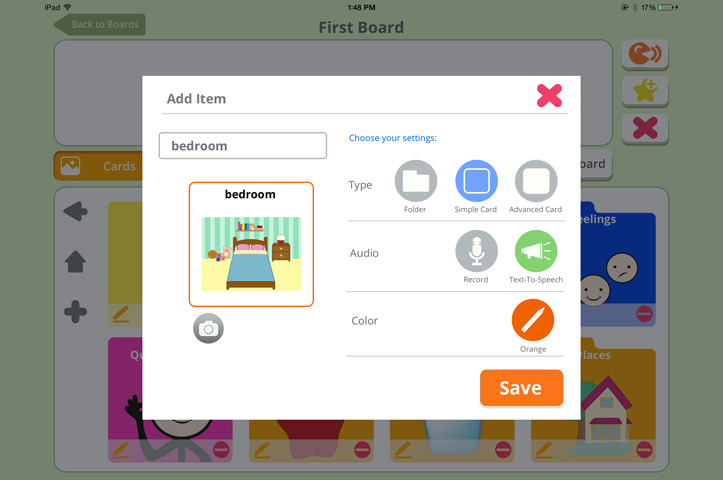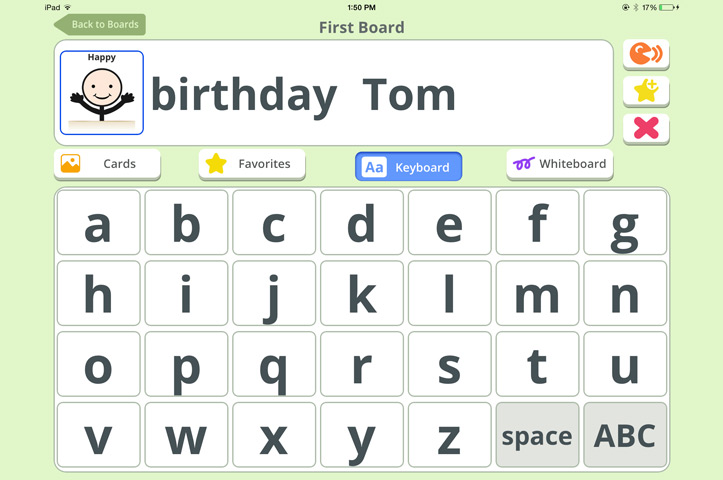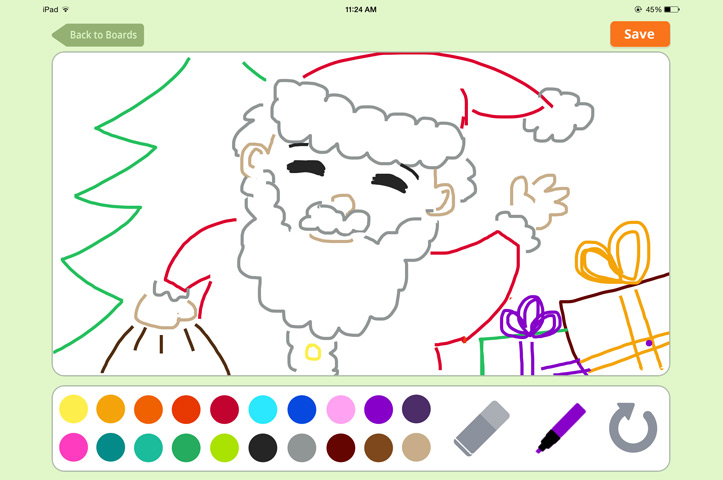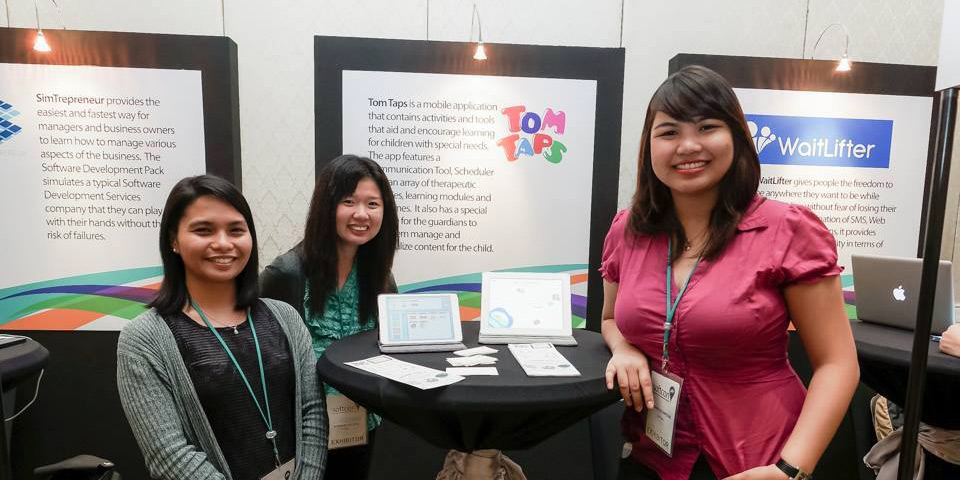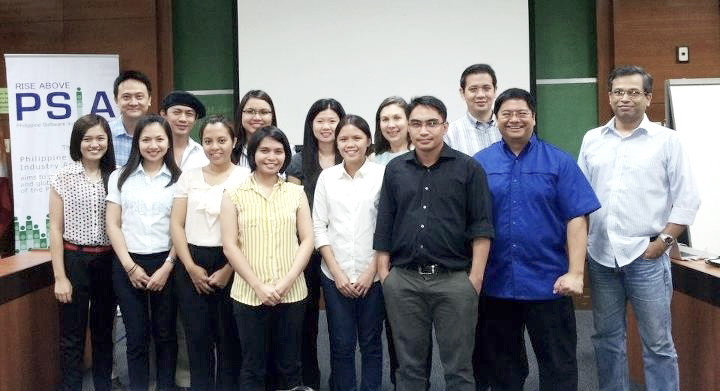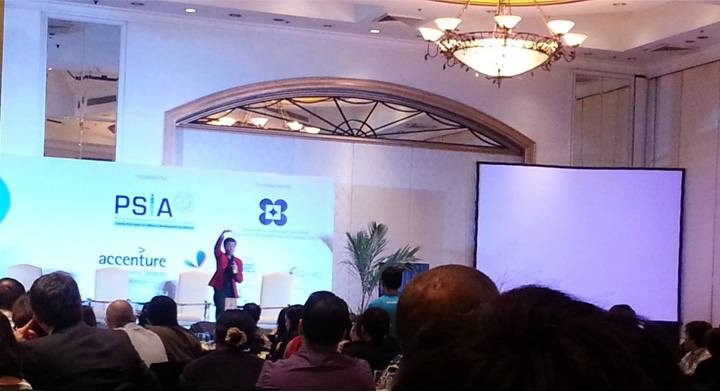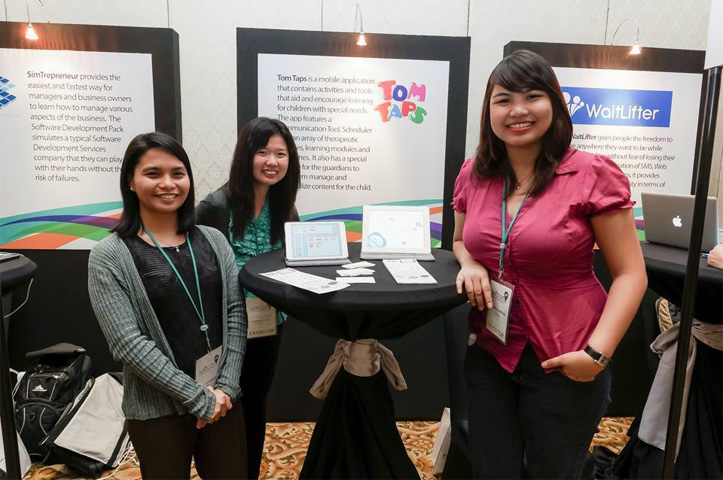Era of Brain Technologies
Era of Brain Technologies
How often do we hear predictions not about the end of the world but about how wonderful it will be to live in?
The Tom Taps team was fortunate enough to attend The Era of Brain Technologies, a talk by Dr. Ned Sahin at the Mind Museum on November 14, 2014. It was an afternoon of mind-opening discussion on the future of brain technologies and the exciting developments on this area, straight from the perspective of a neuroscientist and a technopreneur. The talk was divided into several topics, but the part we liked the most was his story of how these technologies are being used to address the needs of individuals with autism.
Wearable Technologies
Wearable technologies (e.g. Apple iWatch, Samsung Gear, Google Glass) seem to be on the rise and will continue to bloom and be accepted. These technologies, as of now, can be activated or controlled by our voice.
What’s interesting, though, is the outset of controlling computers with our thoughts. Researchers from the University of Minnesota and Massachusetts Institute of Technology have shown that this is indeed possible. On top of that, it does not require a person to implant a chip in his brain. “There’s a way to do this, non-invasively”, said Dr. Sahin. That being said gave a sigh of relief from the audience, with piqued interest on how to do it.
Thought- to-Thought
What if computers could think back to us? What if language is no longer a barrier? Most importantly, what if we can communicate with just our thoughts?
While these scenarios are certainly promising, ethical and privacy issues are still a concern. A member of the audience asked how we could compartmentalize our thoughts, with fears that his private thoughts will no longer remain ‘private’. Another one raised the issue of a person’s character. Even more futuristic was the speaker’s own question if court rooms can be replaced with a brain scan.
At the end of his topic, Dr. Sahin assured the audience we’re not going towards that dystopic world we’re seeing from movies. He reminded the audience that technology is an enabler for improving our interactions with each other, and ultimately our lives.
Technologies on Autism
“Autism is not a disease”, Dr. Sahin reiterated. It is a collection of challenges on social engagement, language, motor behaviors, and abstract categories. It is hard to detect, as no blood or genetic test can diagnose it. The only way to identify it is by behavior observation, usually when a child is playing, as early as six months old. Currently in the US, there is 1 in 68 diagnosed with autism.
With his background on neuroscience and technology, Dr. Sahin founded Brain Power with a vision to “apply innovations to the most pressing brain-related challenges of the human condition.” Right now, they are developing software and hardware to make Google Glass a neuro-assistive tool for individuals with autism.
He shared what they have done so far:
-assisting parents to get the attention of the child
-creating a gamified environment to encourage the child make eye contact
-emotion decoding
-identifying items through QR codes, encouraging the child to speak and repeat
-providing relaxing and calming visuals as alternative stimuli
-predicting meltdown
He then showed a video of Billy, a 17-year old with autism interacting with his parents- responding to their call, making eye contact, smiling - all through the technologies developed by Dr. Ned and his team.
For us, it was a heartwarming moment. Not only did we see how happy Billy and his parents were, we were delighted to know the great possibilities of improving the communication and interaction for people with autism. We were very impressed seeing the works of Dr. Sahin, fuelling even more our passion to do the same with our own line of applications.
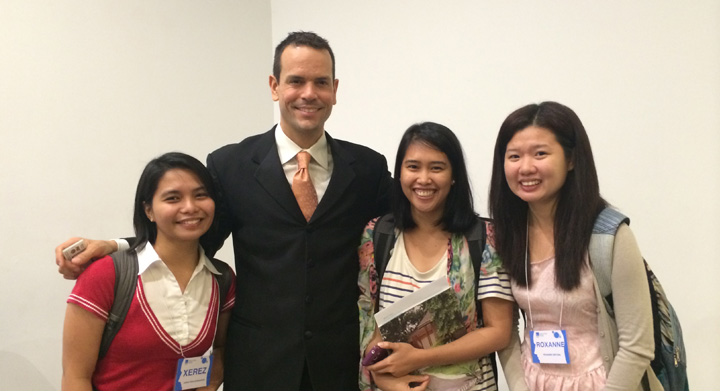
At the end of the talk, we had the chance to personally greet and congratulate the speaker and talked about Tom Taps and our advocacy. Plus, we actually got to try wearing Google Glass and taking photos with it by blinking!
About the Speaker
Dr. Ned Sahin is a neuroscientist and neurotechnology entrepreneur. He hold degrees in neuroscience from Williams College (BA), MIT (Master’s), and Harvard (PhD) and did a year of study at Oxford and post-doctoral fellowships at UCSD Medical School and the Salk Institute in San Diego. He worked at Bell Labs and in startups and a mid-sized company, in Boston, San Diego, London and Dublin; and has been the Principal Investigator for three military contracts/projects for wearable brain monitoring systems to assess and modulate cognitive states. Dr. Sahin founded Brain Power, LLC in October 2013, and the company’s focus is on transforming Google Glass into a device and service to assess the key symptoms of Autism in children, and to coach the children and families in overcoming the accompanying challenges.
The Era of Brain Technologies was part of the Executive Talks, a conference series being organized by the First Pacific Leadership Academy (FPLA). Previous speakers were Marshall Goldsmith, Michio Kaku, Azran Osman-Rani, Werner Vogels, Roger Fisk, and Erik Spoelstra.

